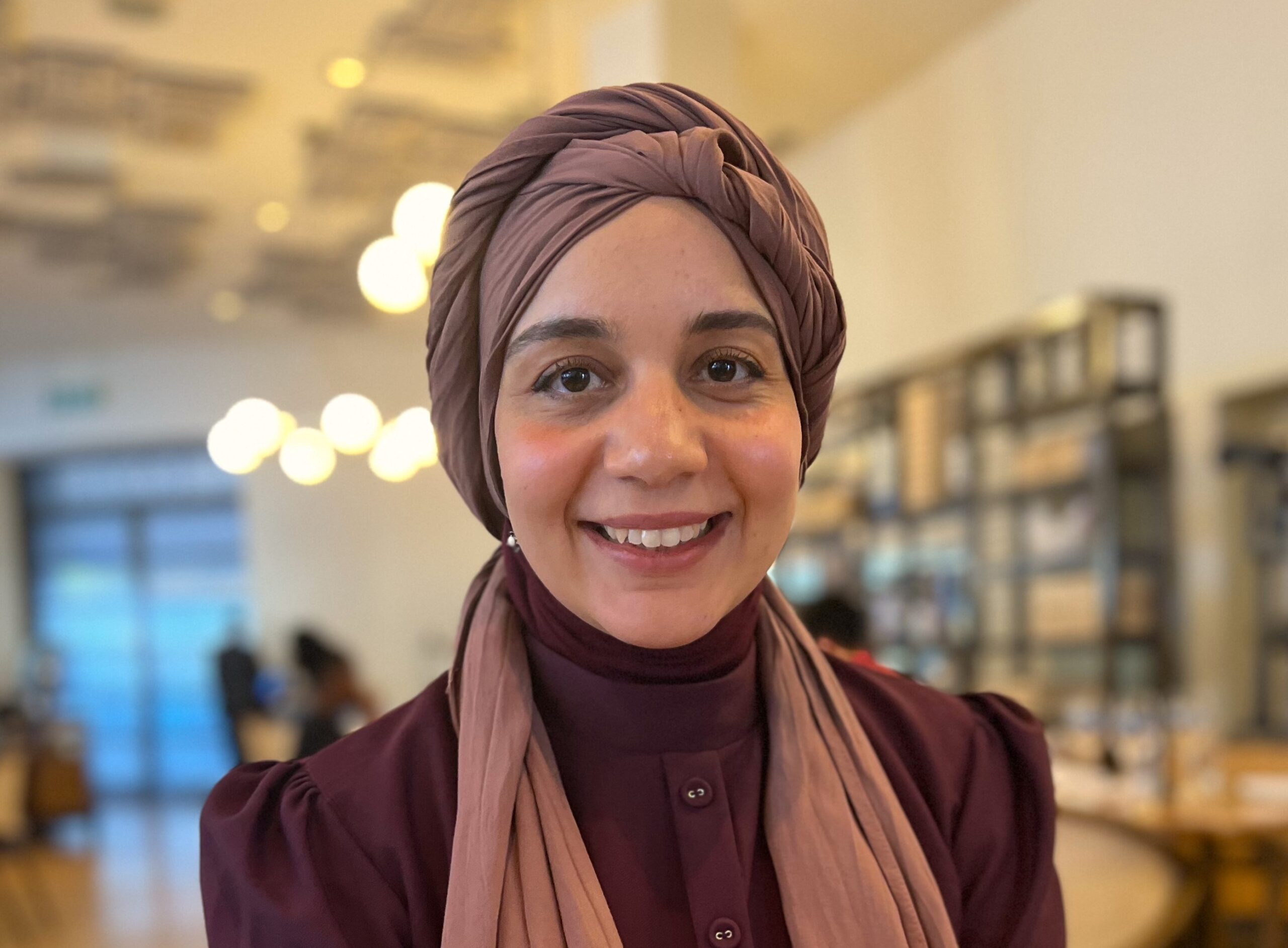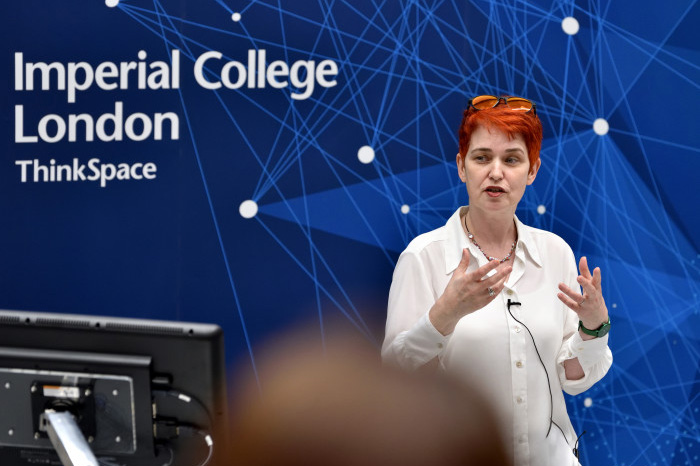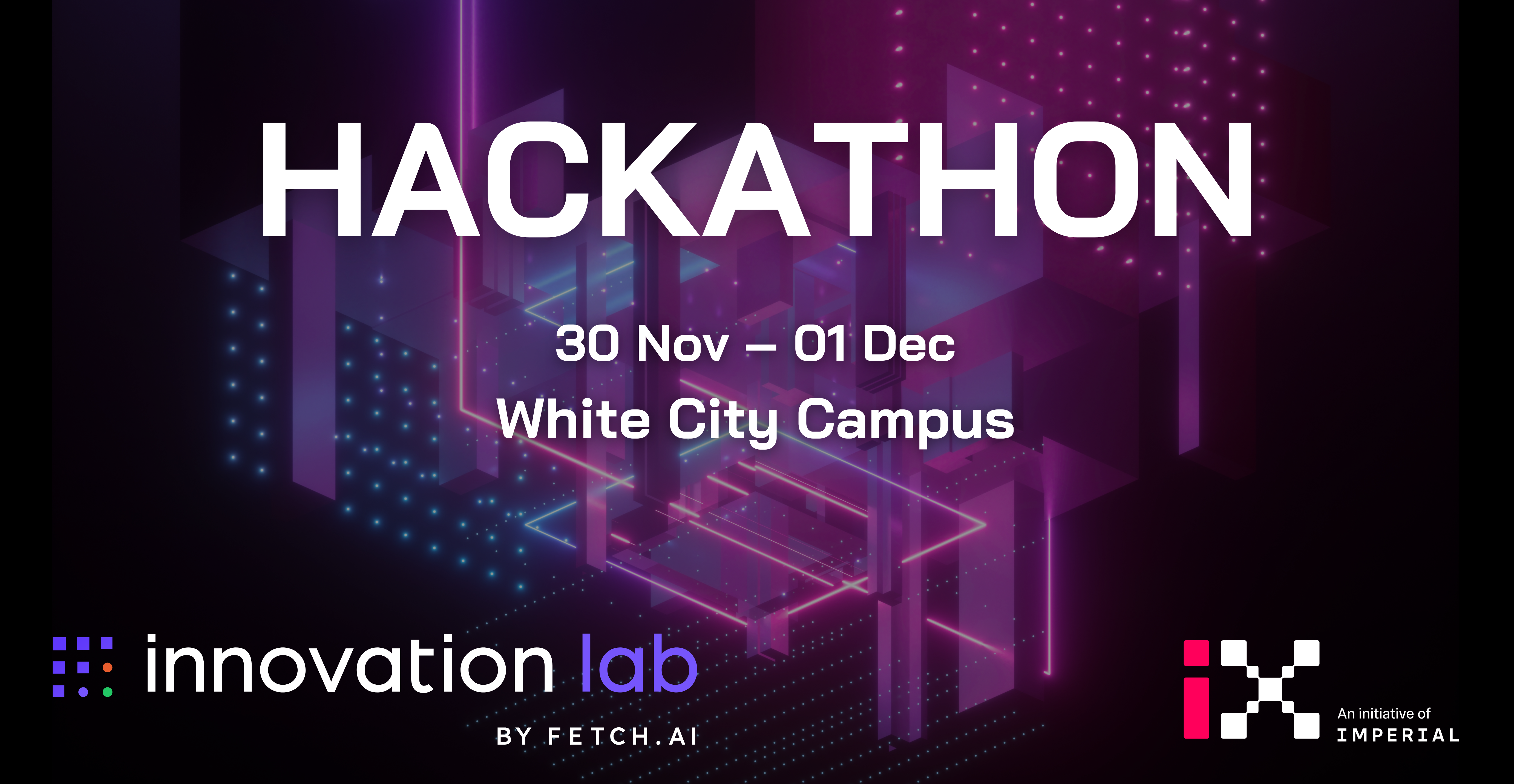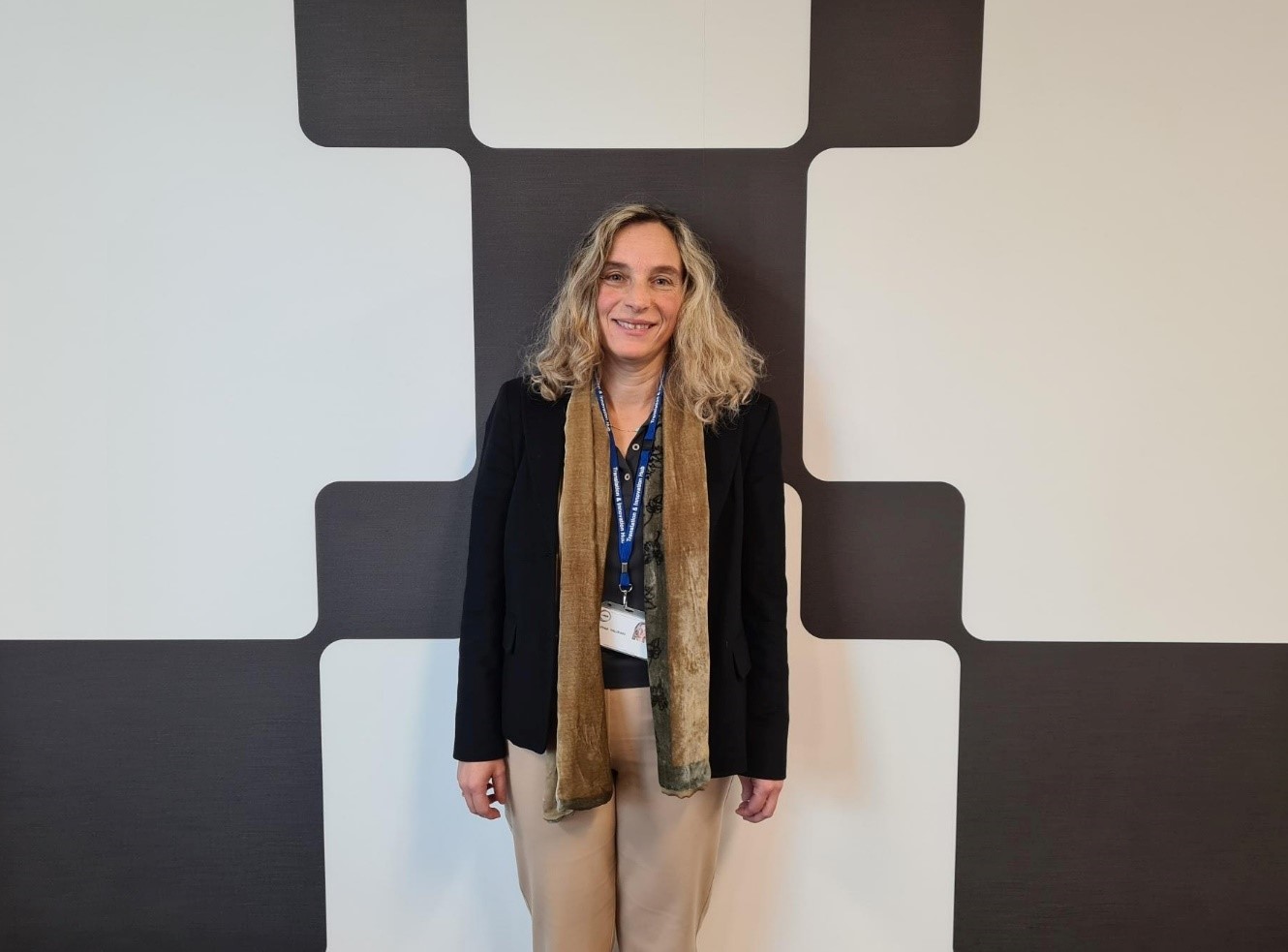
We are pleased to announce that Dr Islem Rekik (Department of Computing & I-X) has been honoured with the prestigious Tunisian AI Award! The award, presented by the Tunisian AI Society (TAIS), celebrates the exceptional contributions of Tunisian researchers and professionals who are shaping the future of artificial intelligence both in Tunisia and internationally. Dr Rekik’s work in AI has not only advanced the field but also continuously underscores the importance of inclusivity in technology. This recognition highlights her dedication to developing accessible, impactful AI solutions and inspiring the next generation of AI innovators.
In an exclusive interview, Dr Rekik spoke to us about the award, her current research, her future academic plans, and the importance of inclusive AI.
* * *
Congratulations on receiving this prestigious award! Can you share what this recognition means to you personally and professionally?
Thank you! I’m truly honoured to receive the Tunisian AI Award from the Tunisian AI Society (𝗧Λ𝗜𝗦), recognising Top AI Pioneers. This award is a testament to a deep and nonlinear journey—one where I’ve been blessed to learn from incredible mentors and teachers across continents. They’ve shaped not just my understanding of artificial intelligence, but also natural intelligence and beyond. Along the way, I’ve collaborated with brilliant minds, learned from my students, and been lifted by the unwavering support of my family and friends. Now at I-X, this recognition fuels my drive to reimagine and design a better future—here in the UK, Tunisia and other developing countries—through different forms of intelligence, not just artificial. It’s time for a new leap!
Could you provide an overview of your research journey so far, and what exciting academic plans you have for the next few years?
My BASIRA Lab team and I have spent years exploring the interplay between network neuroscience (where we look at the brain as a network) and AI. As we gain a deeper understanding of how the brain network operates, we can design better AI neural networks and in turn use such models to debunk the brain network. Since 2018, we pioneered the field of generative neuroAI, where we introduced the first generation of generative graph neural network models, evidenced by our 100+ peer-reviewed research projects, with application to network neuroscience to generate high-cost brain network data across time, resolutions and domains from a low-cost input. So far, our application areas include network neuroscience, connectomics, medical imaging and vision data.
Inclusivity in AI seems to be a central theme in your work. From your perspective, what steps can we take to ensure that both AI technologies and AI research are more inclusive?
I am a strong advocate for EDI, especially in increasing geographic diversity within AI research communities like MICCAI. I’m dedicated to empowering underrepresented researchers in AI, starting with workshops I organised at the National School of Engineering in Sousse (Tunisia) during my postdoc years. In 2015 and 2016, over 200 attendees packed the ENISo lecture rooms, eager to learn and make an impact. One key EDI initiative I’m proud of is the RISE-MICCAI network, where I served as President for 4 years. We have organised events such as networking sessions, summer/winter schools, and lunch talks with inspiring keynotes. Our first winter school in 2022 was a prime step, bringing together learners from Nepal, Guatemala, Chile, and Africa to learn from top experts in AI and medicine. These online events stand as a testament to my vocation of empowering researchers in LMICs and paving the way for future stars to rise—as I rose from Tunisia.
Finally, could you tell us more why it is important that your research is based at I-X?
Being based at I-X takes my EDI efforts to the next level by providing a diverse environment where talented AI researchers from various fields collaborate. By drawing on knowledge from different disciplines (computing, chemistry, bioengineering, health sciences, business, etc.), we can develop solutions that are more accessible and impactful, especially in low- and middle-income countries. At I-X, I can work with talented experts across science fields. For example, last July, we organised the first summer school on “Fair Federated AI (FIFAI)” and co-organised the AIMS-Cameroon conference in Limbe, focusing on AI sustainability in medicine, agriculture, and energy. AI fairness and equity is one of the grand challenges of our time, and I believe that I-X will play a key role in shaping its future. Together, we will ensure that happens.



